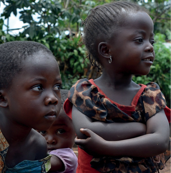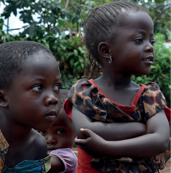- Accueil
- Actes du colloque
- Access to health care and willingness to pay for health insurance among vulnerable women : the case of survivors of sexual violence in the east of the DRC
Visualisation(s): 420 (1 ULiège)
Téléchargement(s): 0 (0 ULiège)
Access to health care and willingness to pay for health insurance among vulnerable women : the case of survivors of sexual violence in the east of the DRC

Résumé
The access to health care and education in the DRCongo is particularly poor. Health care treatments often rely on NGOs, the goodwill of doctors and nurses, and require unaffordable out-of-pocket payments from the population. Therefore the poor access to health care is extremely problematic among vulnerable people like raped women. The Panzi hospital is located in the South Kivu province, east of the RDC, and is the largest hospital taking care of raped women. Only 5-10% of population in sub-Saharan Africa and South Asia are covered by social healthcare schemes that are funded by the state, and in many middle-income countries the effective cost coverage of mandatory health insurance schemes ranges from 20 to 60%, leaving even insured persons exposed to considerable out of pocket spending (World Health Organization, 2010). This study investigates the feasibility of introducing a social insurance scheme to ensure better access to health care among raped women. The objective is to guarantee better access to health care and avoid health crises among vulnerable people who lack considerable income to get access to health care. In addition, the study aims at determining the amount of money that raped women are willing to pay regarding the profitability of their activities. To achieve the objectives of this study we rely on the Contingent Valuation to estimate the willingness to pay among 60 survivors of sexual violence from the PANZI hospital. The results show that the willingness to join and pay for health insurance mainly depends on the level of education, the financial status of raped women. In addition many respondents believe that health related costs must be covered by the government.
1






